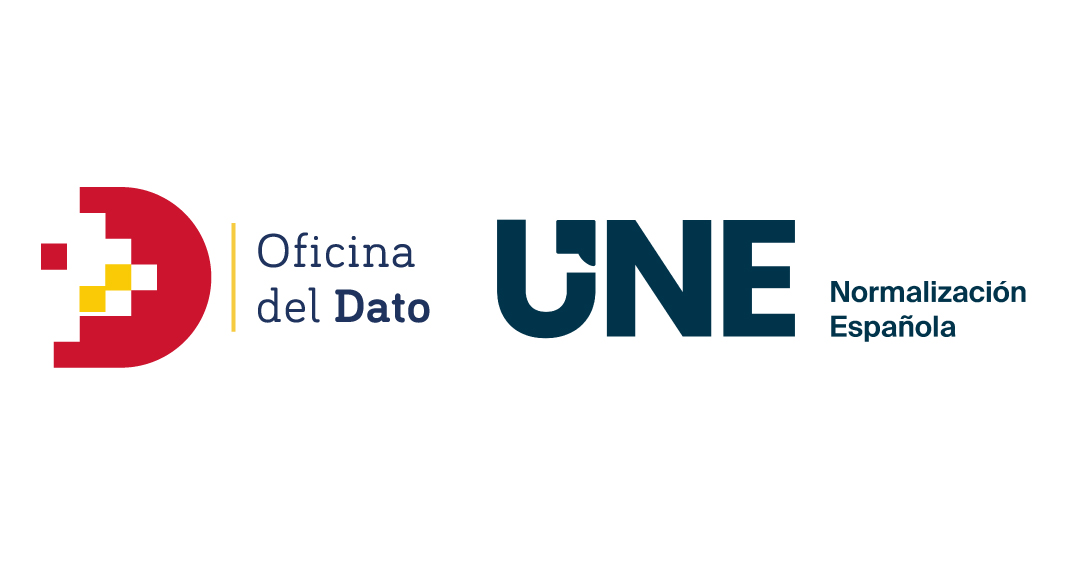11 posts found
Open data on femicide: a fundamental step in the fight against violence against women
Femicide, defined as the gender-based murder of women, remains one of the most extreme forms of violence. In 2023, it is estimated that approximately 85,000 women and girls were murdered in the world and of these, 60% died at the hands of intimate partners or family members, which is equivalent to 1…
AI tools for research and a new way to use language models
AI systems designed to assist us from the first dives to the final bibliography.
One of the missions of contemporary artificial intelligence is to help us find, sort and digest information, especially with the help of large language models. These systems have come at a time when we most need to mana…
Open source auto machine learning tools
The increasing complexity of machine learning models and the need to optimise their performance has been driving the development of AutoML (Automated Machine Learning) for years. This discipline seeks to automate key tasks in the model development lifecycle, such as algorithm selection, data process…
The obligation to provide data to public bodies in exceptional situations in the Data Regulations (Data Act)
The recent Regulation (EU) 2023/2854 of the European Parliament and of the Council of 13 December 2023 on harmonised rules for fair access to and use of data (Data Act) introduces important new developments in European legislation to facilitate access to data generated by connected products and rela…
User access to data from connected products and related services in the new European Data Regulation ( Data Act)
The adoption of the Regulation (EU) of the European Parliament and of the Council of 13 December 2023 on harmonised rules for fair access to and use of data (Data Law) is an important step forward in the regulation of the European Union to facilitate data accessibility. This is an initiative already…
Re3gistry: facilitating the semantic interoperability of data
The INSPIRE (Infrastructure for Spatial Information in Europe) Directive sets out the general rules for the establishment of an Infrastructure for Spatial Information in the European Community based on the Infrastructures of the Member States. Adopted by the European Parliament a…
UNE specifications - Government, management, and data quality
Motivation
According to the European Data Proposal Law, data is a fundamental component of the digital economy and an essential resource for ensuring ecological and digital transitions. In recent years, the volume of data generated by humans and machines has experienced an exponential increase. It i…
Vinalod: The tool to make open datasets more accessible
Public administration is working to ensure access to open data, in order to empowering citizens in their right to information. Aligned with this objective, the European open data portal (data.europa.eu) references a large volume of data on a variety of topics.
However, although the data belong to di…
Free tools to work on data quality issues
Ensuring data quality is an essential task for any open data initiative. Before publication, datasets need to be validated to check that they are free of errors, duplication, etc. In this way, their potential for re-use will grow.
Data quality is conditioned by many aspects. In this sense, the Aport…
The gender gap: inequality is also in the data
Today, 8 March is the day on which we commemorate women's struggle to achieve their full participation in society, as well as giving visibility to the current gender inequality and demanding global action for effective equality of rights in all areas.
However, the data seem to indicate that we still…









